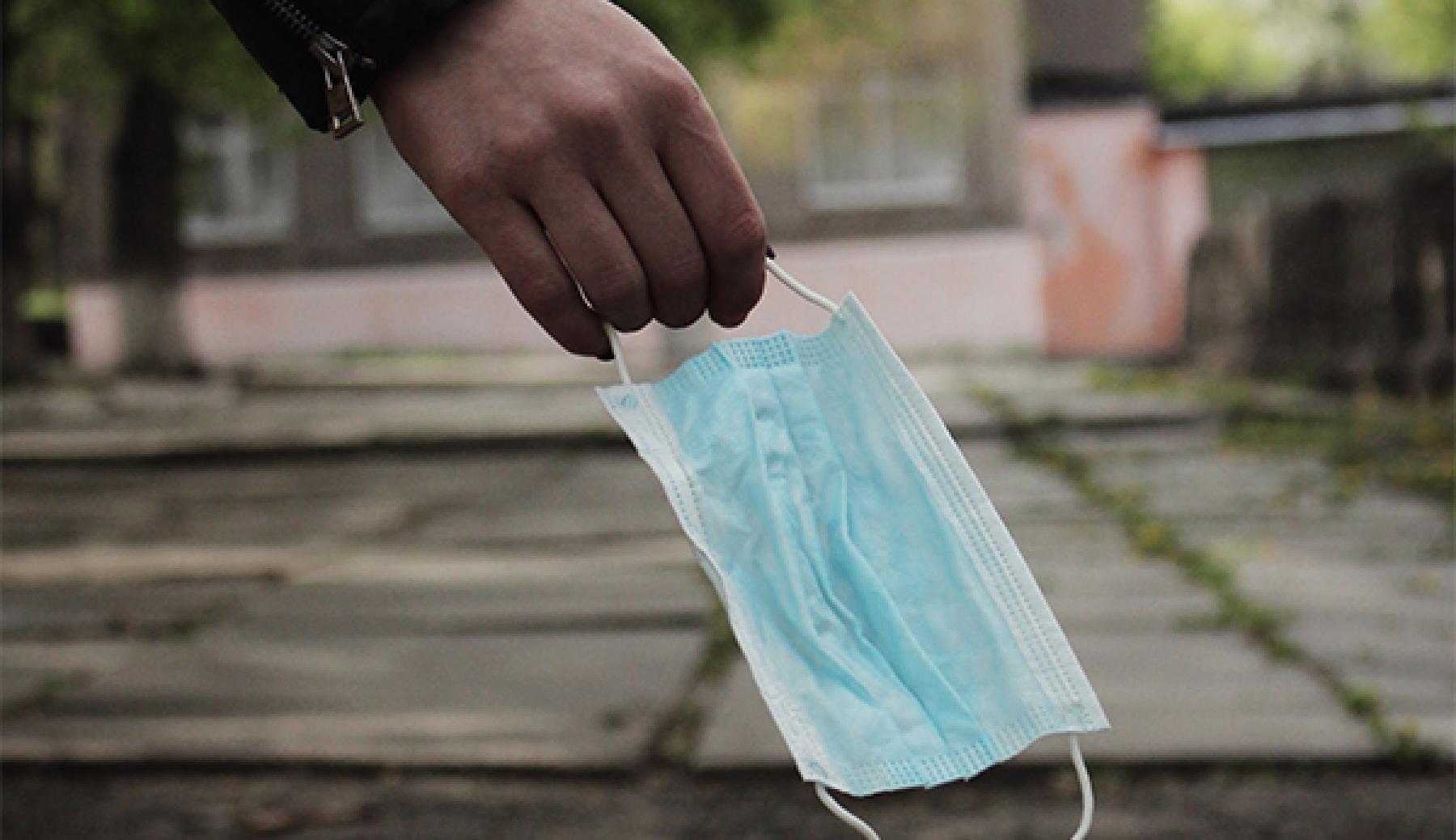The impact of the COVID-19 pandemic has been felt in many different sectors in Colorado and has created a multitude of economic and health obstacles.
Thousands of Coloradans have lost their jobs since March, while many others are feeling the weight of isolation due to social distancing policies across the state. All of these factors have had serious implications for Colorado’s behavioral health.
For those with substance use disorders, this time has presented additional challenges for coping and getting treatment. As certain treatments require frequent visits to clinics to receive necessary medications, and other programs, like in-person treatment settings, may not be available or have been moved online, getting help may be harder than ever. As Colorado has since cut millions of dollars from substance use treatment services due to the economic impact of COVID-19, the situation may worsen over time.
Many Coloradans were already not getting the care that they needed for their substance use disorders before the pandemic. According to new data from the Colorado Health Access Survey (CHAS), over 95,000 adults in Colorado did not get substance use treatment services when they needed them in 2019.
Why? Our new report finds that several factors influence access and utilization of services. They include:
- Stigma. There was an increase in the number of people reporting that they didn’t get needed services because of stigma between 2017 and 2019. People are often afraid their substance use disorder will cast them in a negative light, which may cause them to not seek treatment.
- Inadequate or No Health Insurance Coverage. More than half those who did not get needed services were concerned their health insurance would not cover it. Another one-fifth of Coloradans who didn’t get services were uninsured.
- Cost. Nearly 48% of Colorado adults who didn’t get needed services were concerned about the cost of treatment. Since cost varies based on type of service, duration of care, location, type of coverage, and many other factors, it isn’t surprising that people were concerned about being able to afford treatment, as many who didn’t get services also lacked insurance coverage.
Certain people in Colorado reported not getting treatment services at higher rates than others, as detailed in the full report.
Innovation in a Time of Crisis
To help combat access issues created by the pandemic, decision-makers have taken steps to increase the accessibility of telehealth and have updated rules on other services to get people the help that they need. However, many of these innovations do not reach those most vulnerable, like those who do not have health insurance or those who are homeless.
Budgetary Measures Will Impact Services Provided for Those in Need
The economic impact of COVID-19 on Colorado has been substantial. Budget cuts have created additional barriers to access and potential reduction in the reach of services in the next fiscal year. More than $13 million in cuts came out of substance use services and programs, with over $1 million of those funds coming out of jail-based behavioral health programs and $5 million cut from an upcoming program that would have helped build capacity and service infrastructure in rural or underserved communities.
Some progress was still made at the policy level to address substance use in Colorado. Senate Bill 7 requires insurance carriers to provide coverage for the treatment of substance use disorders. It also requires insurance carriers to provide coverage for opioid antagonists like naloxone, a life-saving drug that can reverse the effects of an opioid overdose.
Concerns About “Deaths of Despair”
In addition to the staggering number of COVID-19 fatalities across the nation, experts are worried about what are called "deaths of despair" as the economic and social crisis continues. These are deaths attributed to drugs, alcohol, or suicide, and are often traceable to stressors like unemployment. As the impact of “deaths of despair” becomes more apparent in Colorado, the state will have fewer resources to handle the next wave of drug-related deaths and disorders.
Policies that address both infection control and behavioral health issues are necessary to help manage the impact of COVID-19 in Colorado and nationally. Expanding access to treatment and prevention programs for substance use is critical during this time.
At the end of April, the Substance Abuse and Mental Health Services Administration (SAMSHA) moved to quickly allocate $110 million in emergency funding for substance use treatment and mental health services across the country. Colorado will see about $2 million of those funds, with additional federal relief funds allocated by House Bill 1411 to be used for behavioral health services, helping with the deficit of funds due to budget cuts. A large share of the SAMHSA relief funds will be used to increase bed capacity and assist with transportation for COVID-19-positive patients from in-patient or residential settings, as well as provide services for front line health care workers. Since much of this money is dedicated to addressing the new obstacles faced by behavioral health treatment and services due to the pandemic, it is unclear how funding will be prioritized to help combat existing substance use issues that impact Colorado’s citizens.
Much as the pandemic has reshaped our day-to-day lives, it will come to redefine what behavioral health looks like in Colorado. It will also likely lead to the establishment of new practices for providing access to services for substance use that we didn’t have prior to the pandemic. What won't change is the urgency of meeting the challenge of substance use issues in our local communities .
Related Blogs and Research


